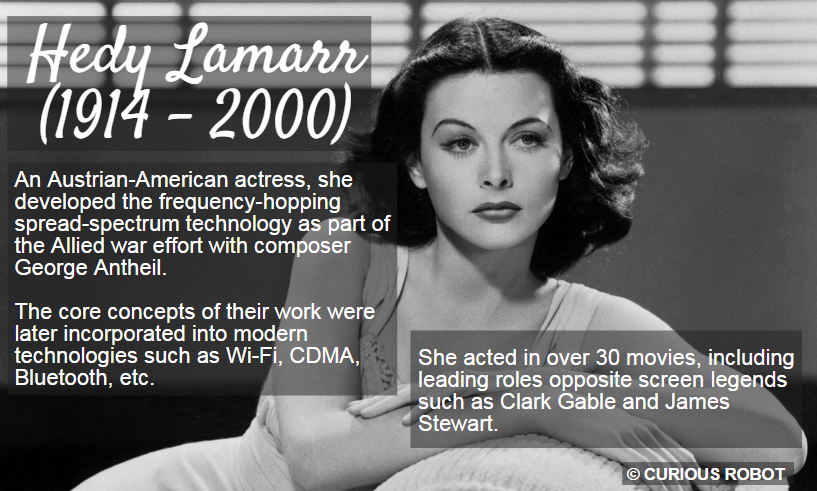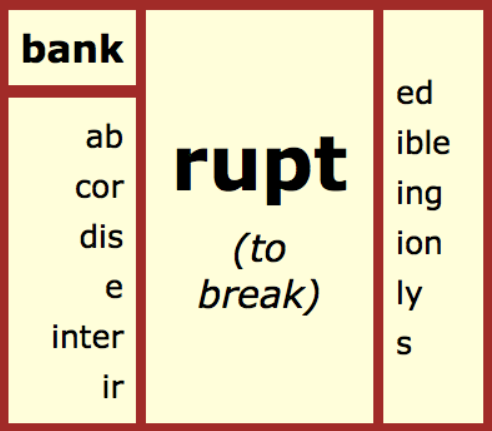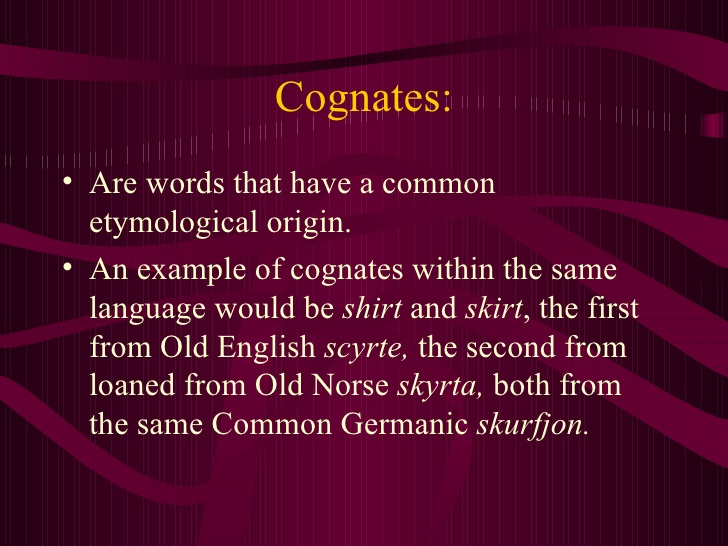By: Chris Warren.
You’ve spent years preparing for this day. The sum of all the hard work, all the achievements, all the failures, every moment, is right now. The class of 2016 will carry the lessons learned here for the rest of their lives. No matter where you go, you will have a connection to this place. Carry that connection with honor.
Many of you are anxious to get out of here and go chase some far away, exciting goal. That’s understandable and I encourage you to do exactly that. The class of 2016 has the potential for greatness and needs to get out and experience new things. There will always be supporters in your hometown praying and hoping for your success. They know you. They know what you are capable of. They do not want you constrained. They want the whole world to see what they see in you.
You may not believe it right now, but when the class of 2016 is far away in time or place, the memories of the years you spent here will be a comfort in difficult times. Even if your life was hard and painful up to this point, it will still be a positive guiding force later and make you strong for when troubled times come again. And they will come again.
Your connection to this place helped make you what you are. For better or worse, it is the foundation for the rest of your life. From this point forward, the class of 2016 is responsible for building something meaningful upon that foundation. You are hereby released from the rules that you felt were holding you back but were really there to help you grow and mature. This is your big chance to use your good judgement and show everyone what you can do with your own wisdom. Whatever happens after today is to your credit, or your fault.
The day will come when it’s your turn to do the guiding and protecting. You will be hoping for the next generation the way your elders hope for you now. You will be the foundation that others will build on. What kind of foundation will it be? Will you try as hard to help them as your parents and teachers and entire community did to help you?
Do not say that helping the younger generation is not your responsibility. It’s important that you help them because, even if they are not your children, they will be taking over someday. Your duty to the next generation is not because of tradition or civil legislation, though these mandates do exist. You should help them out of your own free will because it’s the decent and right thing to do.
The class of 2016 is wise enough to see that kindness is the only valid reason to do good works. You will be held accountable for how you apply the kindness you learned here to others in the future. By showing compassion to others, the class of 2016 is in effect “going home,” that is, passing on what you learned here. Honor your elders by following them down a path of selflessness.
A path of selflessness always leads to home, and I do not mean a physical place. I mean a state of mind where one knows who they are. Home is being at peace with oneself and feeling affirmed that you contributed something positive to the world and lived a life of benevolence. It means you know in your heart you did as much as you could to make the world better.
Decades from now, when you have accomplished much and can’t count how many people whose lives are better because of you, you’ll be confident that the younger generation will carry on where you leave off because you taught them everything they need to know about love and decency. When they will follow you on that path of selflessness, you, the class of 2016, will ascend to the place of honor that your elders hold now. You can look at your grandchildren and great-grandchildren and tell them, “celebrate me home.”













